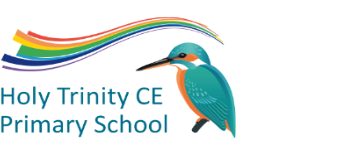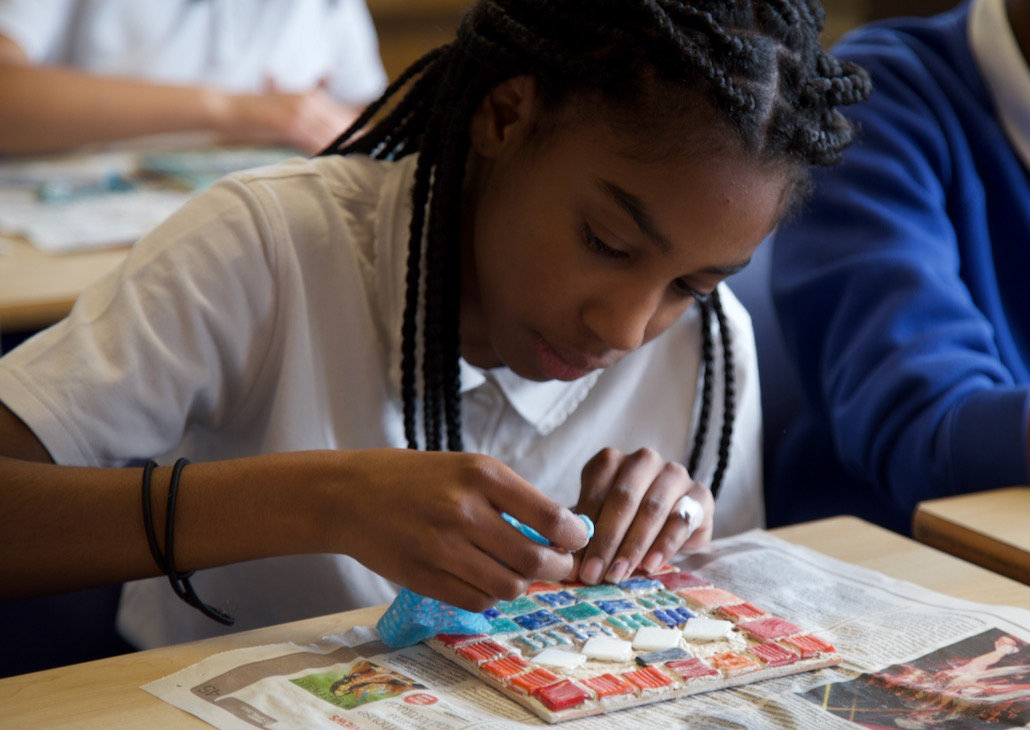ASPIRATION
Our curriculum is intended to promote a sense of aspiration in children to do their very best. It provides support and challenge as appropriate to ensure children develop perseverance and resilience in learning. Through excellent teaching we are committed to delivering an inclusive, creative and engaging curriculum covering the requirements of the National Curriculum and beyond. Curriculum design is carefully sequenced, monitored and regularly reviewed to ensure learning is progressive, cohesive and relevant to the children in our school.
LOVE
Holy Trinity nurtures all our children and teaches them to have a love for themselves, a love for one another and a love of God. Through carefully structured lessons and wider school experiences, our curriculum creates opportunities that enable pupils to develop the vital interpersonal skills and knowledge to support their emotional, mental and physical wellbeing, whilst living a fulfilling life grounded in kindness and compassion. A carefully considered programme of daily collective worship and a broad RE curriculum helps children have a secure understanding of the Christian and other world faiths.
We provide a welcoming school community in which children experience friendship and success. Our curriculum develops children’s knowledge and understanding of their local community, the wider world and their role as responsible citizens. To support the children in their learning and empower them to take risks safely, we offer vibrant educational visits, enriching extra-curricular clubs and make effective use of our extensive outdoor space.







